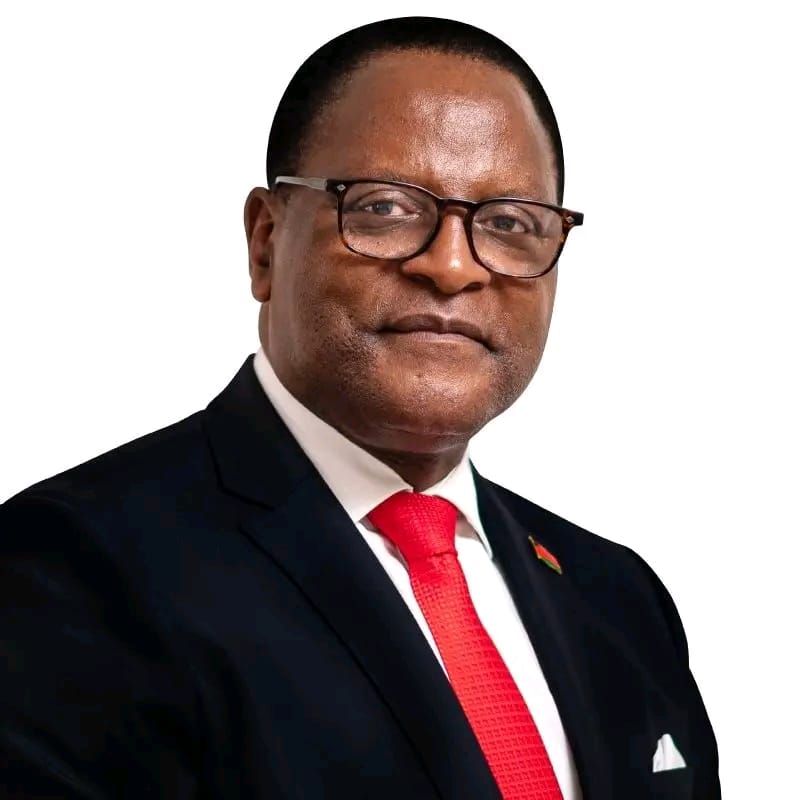By Burnett Munthali
It’s a common sight in Malawi: the moment people hear that the State President is planning to visit a certain area, especially one with a poor road network, there’s a flurry of activity to quickly patch up or fix the roads. This last-minute effort to repair infrastructure raises a question—why do people trouble themselves to fix roads only when the president is expected?
The rush to repair roads before a presidential visit can be attributed to several factors:
- Fear of Embarrassment One of the main reasons for this frantic road-fixing is the fear of embarrassing local authorities. A bad road network is often seen as a sign of neglect and poor governance. When the president’s motorcade is expected to pass through, the poor condition of roads might reflect badly on local leaders, prompting quick repairs to avoid any negative impressions.
- Pressure from Higher Authorities Presidential visits often come with instructions from higher government offices, urging local authorities to prepare thoroughly. These instructions typically emphasize the need for the area to be presentable, which leads to swift but temporary fixes to infrastructure issues like roads, in a bid to impress the president and his entourage.
- The Power of Visibility The presence of the president shines a spotlight on the area, giving local leaders and contractors a rare opportunity to showcase their work, or at least give the appearance of progress. Fixing roads that the president will travel on offers the chance for visibility and recognition, as these efforts are usually seen by both the president and the media.
- Hope for Investment There’s also an underlying hope that if the president sees the area firsthand, it might lead to more long-term investment in infrastructure. Residents and local leaders might rush to fix roads, hoping that the president’s visit will lead to a realization of the area’s needs and result in future government projects or investments.
- Culture of Last-Minute Fixes Unfortunately, the habit of last-minute efforts to fix roads highlights a deeper problem in governance. Roads in rural areas or less urbanized regions are often neglected until there’s an important event or visit. This reactive, rather than proactive, approach to road maintenance is a reflection of how infrastructure management is often handled in Malawi—where attention is given only when deemed absolutely necessary.
- Desire to Impress There is a deep-seated cultural desire to impress authority figures in Malawi. When the president visits, local leaders feel the need to demonstrate their ability to get things done, even if it’s at the last minute. In the Malawian context, such efforts are seen as a sign of respect and diligence, even if they are not always sustainable.
Conclusion While fixing roads before a presidential visit may offer temporary relief to residents and give an illusion of progress, it underscores a systemic issue. The government and local authorities must prioritize infrastructure development as a consistent effort rather than a cosmetic one. Only then can Malawians experience the long-term benefits of a functional road network, not just quick fixes for high-profile visits.




